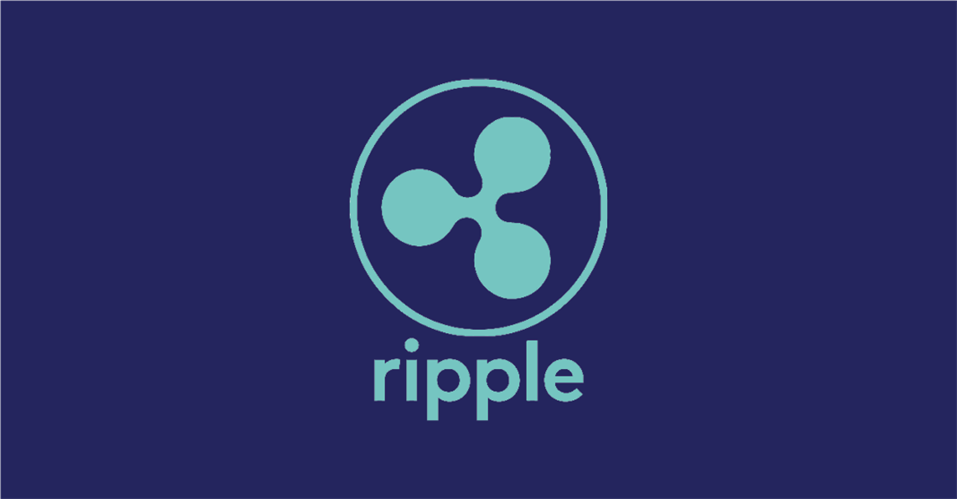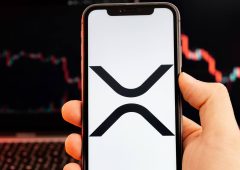Are We Going to See Ripple’s Stablecoin This Year?
01.10.2024 15:00 2 min. read Alexander Stefanov
The XRP community is buzzing with speculation about the upcoming release of Ripple's stablecoin, RLUSD.
However, a notable validator on the XRPL and co-founder of the NFT marketplace xrp.cafe, has set the record straight. He stated that RLUSD won’t be fully operational on the XRPL this year.
In a recent post, the validator, known as Vet, explained the technical limitations affecting the stablecoin’s launch. He mentioned that RLUSD may initially launch only on Ethereum or possibly on the XRPL without support for Automated Market Maker (AMM) functionalities. The reason for this is the stablecoin’s ‘clawback’ feature, which the XRP Ledger does not currently accommodate in its AMM.
Vet highlighted that two proposed amendments, XLS-73 and XLS-77, aim to enable clawback settings and enhance the control of trustlines, but the decentralized nature of the XRPL makes it difficult to predict when these changes will be implemented. He expressed enthusiasm for community engagement with the XRPL’s educational aspects rather than speculative discussions.
Ripple’s Chief Technology Officer, David Schwartz, confirmed Vet’s overall points but offered clarification regarding the functionality of XLS-77. He pointed out that the proposed deeper freeze may not be as comprehensive as suggested. Vet acknowledged Schwartz’s feedback and refined his terminology.
Additionally, when asked for clarification on whether the information about RLUSD was speculation, Vet confirmed that the technical barriers are indeed real and emphasized the uncertainty regarding its launch strategy.
-
1
Trump Imposes 50% Tariff on Brazil: Political Tensions and Censorship at the Center
10.07.2025 7:00 2 min. read -
2
Key Crypto Events to Watch in the Next Months
20.07.2025 22:00 2 min. read -
3
USA Imposes Tariffs on Multiple Countries: How the Crypto Market Could React
08.07.2025 8:30 2 min. read -
4
UAE Regulators Dismiss Toncoin Residency Rumors
07.07.2025 11:12 2 min. read -
5
Ripple Selects BNY Mellon as Custodian for RLUSD Stablecoin Reserves
09.07.2025 15:28 2 min. read
Two Upcoming Decisions Could Shake Crypto Markets This Week
The final days of July could bring critical developments that reshape investor sentiment and influence the next leg of the crypto market’s trend.
Winklevoss Slams JPMorgan for Blocking Gemini’s Banking Access
Tyler Winklevoss, co-founder of crypto exchange Gemini, has accused JPMorgan of retaliating against the platform by freezing its effort to restore banking services.
Robert Kiyosaki Warns: ETFs Aren’t The Real Thing
Renowned author and financial educator Robert Kiyosaki has issued a word of caution to everyday investors relying too heavily on exchange-traded funds (ETFs).
Bitwise CIO: The Four-Year Crypto Cycle is Breaking Down
The classic four-year crypto market cycle—long driven by Bitcoin halvings and boom-bust investor behavior—is losing relevance, according to Bitwise CIO Matt Hougan.
-
1
Trump Imposes 50% Tariff on Brazil: Political Tensions and Censorship at the Center
10.07.2025 7:00 2 min. read -
2
Key Crypto Events to Watch in the Next Months
20.07.2025 22:00 2 min. read -
3
USA Imposes Tariffs on Multiple Countries: How the Crypto Market Could React
08.07.2025 8:30 2 min. read -
4
UAE Regulators Dismiss Toncoin Residency Rumors
07.07.2025 11:12 2 min. read -
5
Ripple Selects BNY Mellon as Custodian for RLUSD Stablecoin Reserves
09.07.2025 15:28 2 min. read


